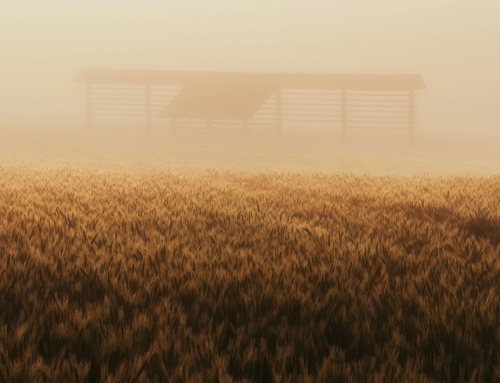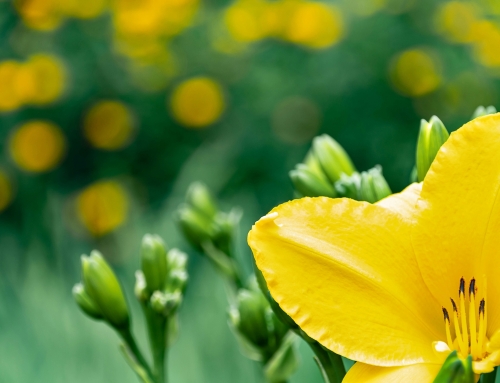LORD’S DAY SERVICE ORDER
| ANNOUNCER: Elder Anthony Lim |
|---|
| *Silent Prayer |
| *Confession of Faith |
| Hymn 57 |
| Responsive Reading: 46. John 14 |
| Prayer by Elder Anthony Lim |
| Scripture Reading: Matthew 16:1-4 |
| Choir Anthem by Sharon Choir (pre-recorded): The Love of God is Greater Far |
| Sermon by Pastor Samuel Kim Signs of the times |
| Hymn 163 |
| Offering Prayer by Elder Anthony Lim |
| Offering Song We Believe |
| *Announcements |
| *Hymn 6 |
| *Benediction by Pastor Samuel Kim |
*Congregation Standing
ANNOUNCEMENTS
- Let us continue to pray for the growth of our church and for the work of evangelism.
- There will be Wednesday service, special bible studies and dawn services on Zoom and YouTube. Please refer to our church website and Instagram for our Bible study date and time.
- Wednesday evening 7:40pm
- Friday evening 7:45pm special bible studies by Pastor Sam – Jesus’ parables about the end time.
- Dawn prayer services will be on Saturday at 6:00 am
- Lord’s day bible studies on Ezekiel cell group books at 2pm by Bible Academy teachers.
Date, time, Zoom meeting ID & YouTube link will be posted on our church website, Instagram, and cell group leaders will notify you via phone message.
- There is Bible Study today at 2pm on Zoom. Ask your CG leader for the meeting invitation link.
- Finance Team has newly added PayNow facility for making your offering transfer. Please see Offering and Tithe section for more information.
UPCOMING ANNOUNCER & PRAYER DUTY
LORD’s Day 26 April : Elder Ridwan Dinata
OFFERING & TITHE
Via Internet Banking
You can give an offering electronically by transferring to the following account:
1. For regular, tithes, thanksgiving, special, and missions offerings ONLY
OCBC Bank Account: ZION CHURCH
Account#: 621835867001
PayNow UEN#: T00SS0141D
NOTE: Please specify Name, Purpose and Date (ddmmmyy) of the offering in the MEMO or Bill Reference Number section. See Example 1.
2. For Building Offerings ONLY
DBS Bank Account: ZION CHURCH
Account#: 047-903777-2
NOTE: Please specify Name, Purpose and Date (ddmmmyy) of the offering in the MEMO or Bill Reference Number section. See Example 2.
Use the following acronyms to indicate Purpose (offering type):
- RO = Regular Offering
- TH = Tithes
- TG = Thanksgiving
- SP = Special Offering
- MO = Missions Offering
- BO = Building Offering
By Mail
You may mail your offering cheques to Zion Church to below address:
“Finance Department”.
2 Gambas Crescent, Nordcom 2 Tower 2 #10-13. Siangapore 757044.
By ATM
You may transfer via ATM:
BUT PLEASE NOTE THAT YOU WILL BE UNABLE TO SPECIFY TYPE OF OFFERING if you use this option.
Please inform any Finance Team member if want your offering to be recorded.
Example 1:
JohnDoe TH 05APR20
SamMiller TG 05Mar20
JaneSmith RO 03May20
Example 2:
JohnDoe BO 05APR20




